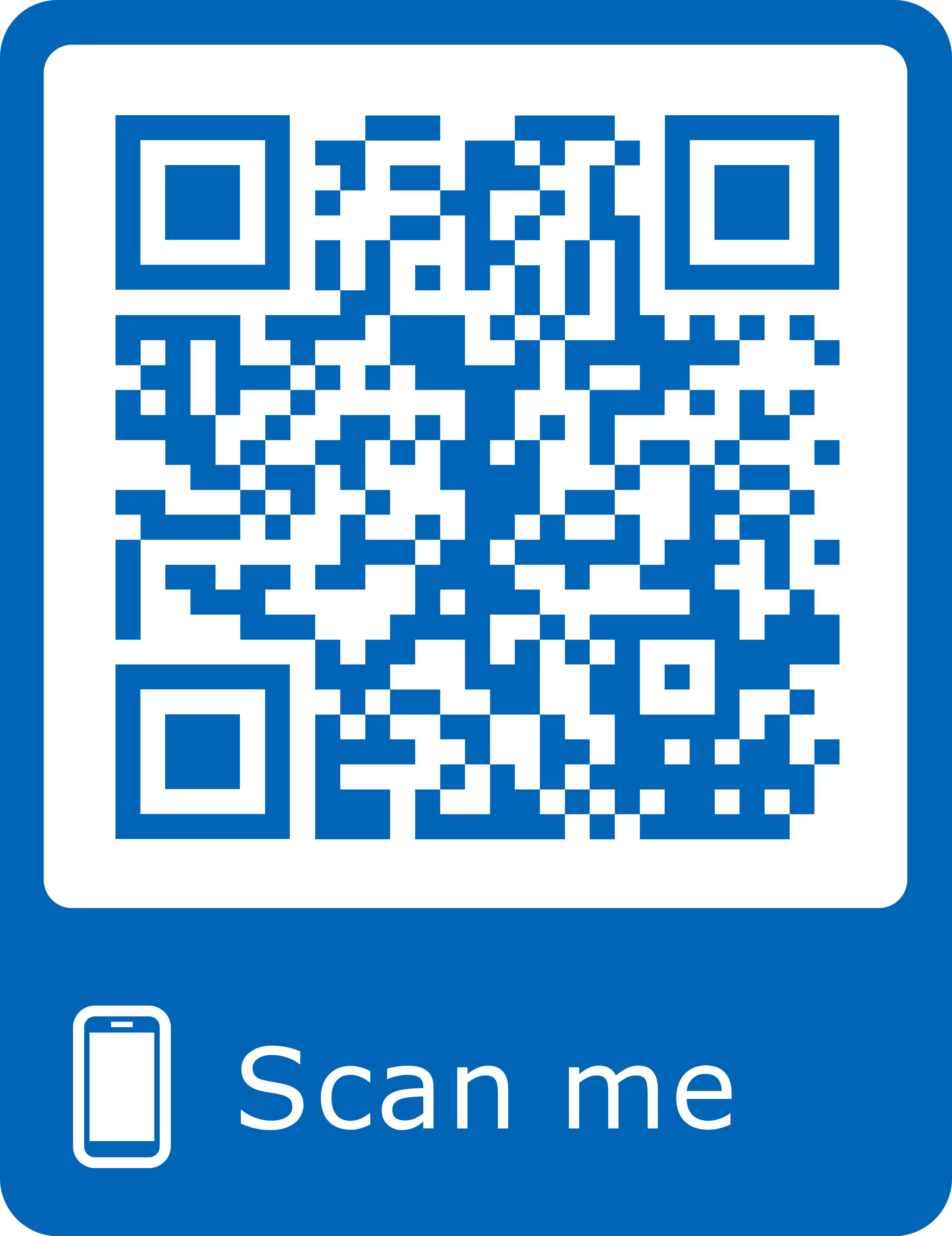- Reference Number: HEY1010/2018
- Departments: Emergency Department
- Last Updated: 31 August 2018
Introduction
This advice sheet has been produced to give you information about bites and stings. It is not meant to replace discussion between you and your doctor. If after reading it, you require further explanation please discuss this with the relevant person who has been caring for you.
Puncture and open wounds
These will have been thoroughly cleaned by the practitioner caring for you. Due to high risk of infection, these wounds will not be closed with stitches or steristrips or glue. A dressing will be applied, which will require you to visit your GP (General Practitioner) or Dressing clinic for a wound check and / or dressing change within 5 days. The practitioner will give you spare dressings to take with you.
Stings and Insect Bites
Stings and insect bites may cause an inflammatory reaction, which may cause the area to become red, inflamed and itchy. Within the first 48 hours, these symptoms are usually not due to infection.
Scratching will make the symptoms worse.
Treatment
- A cold compress (e.g. a cold wet flannel) may relieve symptoms, however heat may increase the symptoms
- Creams (antihistamine), may be applied as instructed by the practitioner
- Tablets (antihistamine), may be taken as instructed by the practitioner. These tablets may cause drowsiness, do not operate heavy machinery, drive a vehicle or drink alcohol if you feel drowsy.
Antibiotics
If you have been given antibiotics, it is important that you complete the whole course. If you think you have developed a reaction the this medication, contact your GP/NHS 111 or return to the Emergency Department.
If the redness continues to spread over the next few days, or if you develop flu like symptoms, the bite may have become infected. If this occurs, contact your GP/NHS 111 or return to the Emergency Department.
Do not worry if
Your wound is itchy, is slightly red close to the wound or has a slight discharge this is part of the healing process.
Pain Relief Medication
To manage your pain, we advise that you regularly take simple pain relief which can be bought over the counter. If you have allergies or conditions which prevent the use of pain-relieving or anti-inflammatory medication, please seek advice from your GP or a pharmacist.
Should you require further advice on the issues contained in this advice sheet, please do not hesitate to contact the Emergency Department.
Children’s Emergency Department:
Open: 08.30 – midnight. Telephone number (01482) 482108
Adult Emergency Department
Open: 24 hours. Telephone number (01482) 482108
Emergency Department Reception
Open 24 hours. Telephone number (01482) 482154
This leaflet was produced by the Emergency Department, Hull Royal Infirmary, Anlaby Road, Hull, HU3 2JZ
Under the General Data Protection Regulation and the Data Protection Act 2018 we are responsible for maintaining the confidentiality of any information we hold about you. For further information visit the following page: Confidential Information about You.
If you or your carer needs information about your health and well-being and about your care and treatment in a different format, such as large print, braille or audio, due to disability, impairment or sensory loss, please advise a member of staff and this can be arranged.

